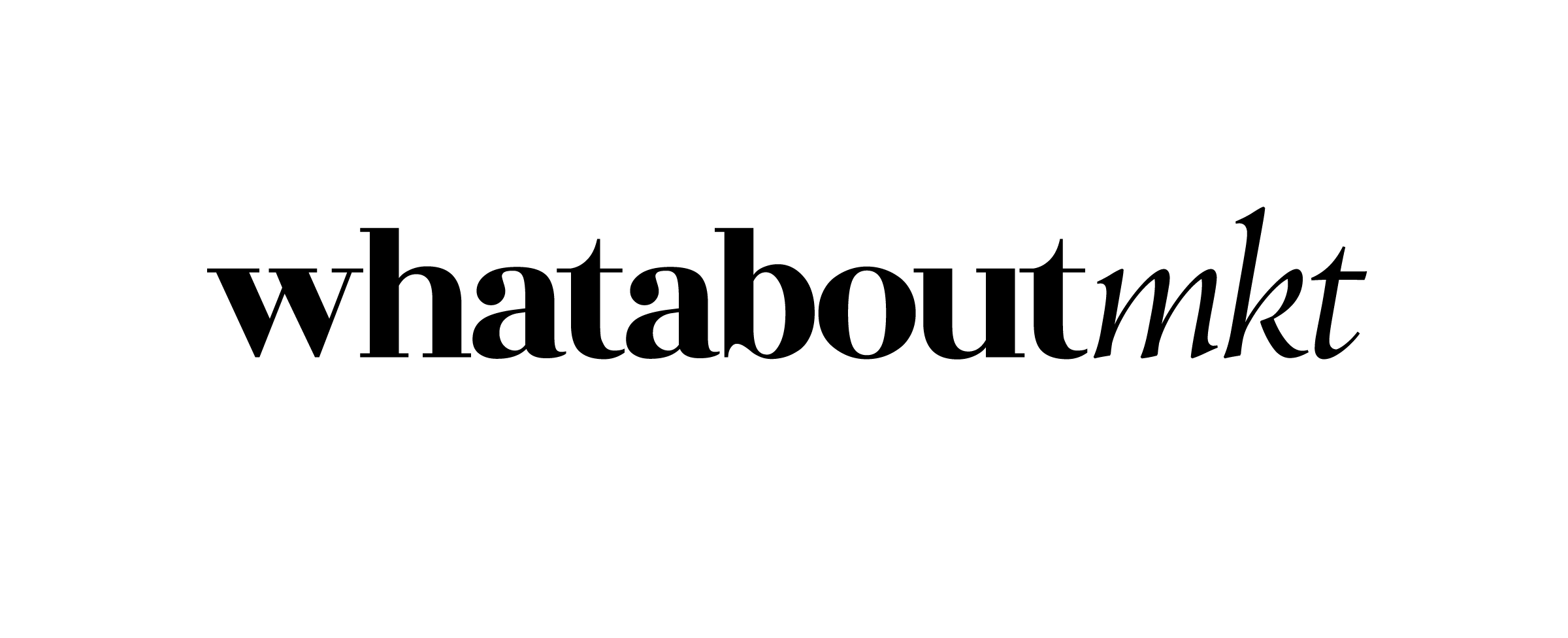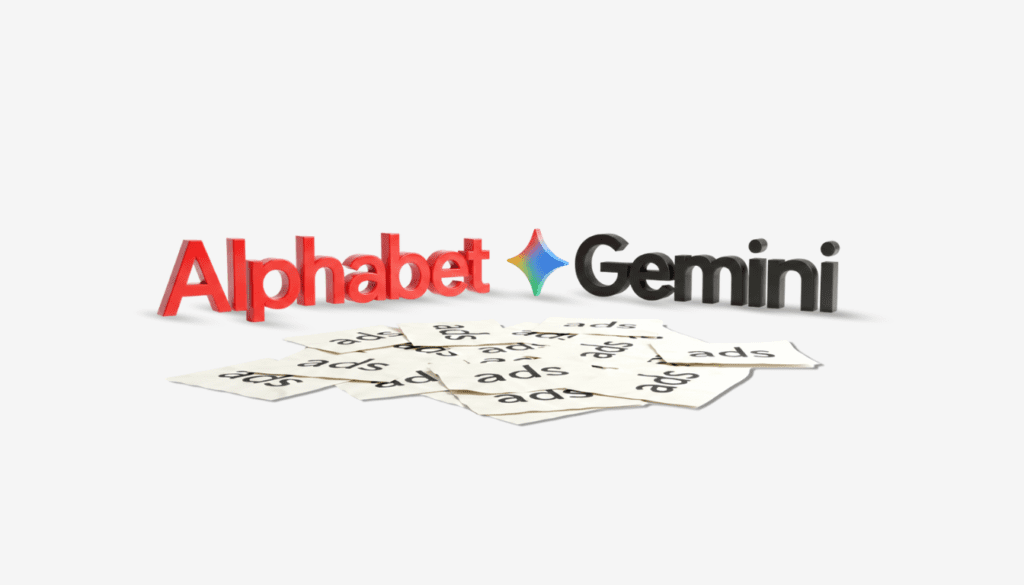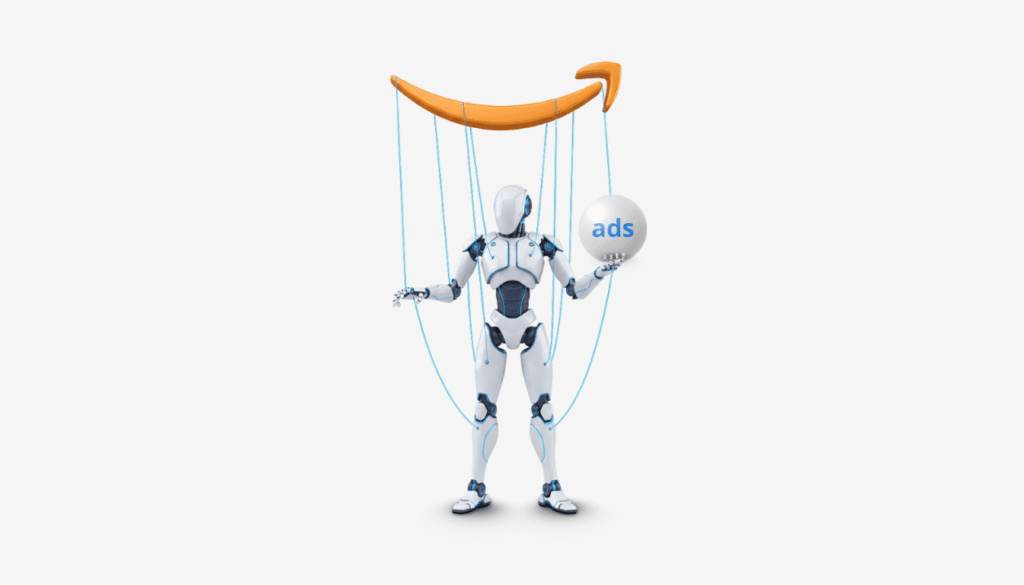Meta pitched its new Ray-Ban line as a bridge between camera glasses and true AR, arguing that ambient AI should be wearable, not worshipped. The idea is straightforward: to keep the hardware light, place a small, single-lens display where a user can glance, and shift interactions to a neural EMG wristband so that control feels natural rather than theatrical. Because the interface lives on your face, the success of that thesis depends first on reliability and only then on magic. And that is precisely where the launch got complicated.
When a Demo Writes the Headline
The keynote aimed to convert curiosity into trust, but the live demo had the opposite effect. A cooking walkthrough misfired, and a separate moment showed the display asleep when it needed to be awake. Explanations about network congestion and timing bugs may be accurate; however, optics dictate early consumer perception. The clips traveled further than the product brief, and, as they ricocheted through feeds, the narrative hardened into a clever system, albeit with a brittle execution. For face-worn, always-on devices, trust is mainly the product, so a public stumble reads less like an inconvenience and more like a disqualification.
Friction Where it Really Hurts
From there, the backlash found oxygen because friction sat in more than one place. The neural band, impressive on paper, asked consumers to wear and charge a second device, which, in practice, means one more pairing to babysit and one more gesture set to learn. The single-lens display, efficient for subtitles and quick replies, narrows expectations around what the device can realistically replace, which is fine when positioned as an “assistant at a glance,” but risky if buyers expect a phone substitute. Price and availability added weight, as a premium tag and a U.S.-first rollout shaped a “niche for now” frame, especially since the first viral snippets were failures rather than successes. And, inevitably, privacy anxiety resurfaced; camera-equipped wearables still test social patience, so without unmistakable recording cues and conservative defaults, curiosity turns quickly into concern.
Suspended Judgment, Not Hostility
Nevertheless, the reception wasn’t uniformly negative. Tech observers credited the ambition and placed the product on a credible path toward fuller AR, even as they questioned readiness. Creators saw potential in subtitles, live translation, and quick messaging, while mainstream coverage lingered on the mishaps because that is the more shareable angle. The center of gravity, then, is suspended judgment. That gives Meta a narrow but real window to change what people see next.
Turn Promises into Receipts
To move the narrative forward, the company needs to make its reliability visible quickly. Publishing a plain-English fix log, reducing latency here, and hardening reconnection there, paired with short, raw clips demonstrating improvements in the wild, would replace excuses with receipts. At the same time, embracing adversity rather than avoiding it would be beneficial. For instance, unscripted, creator-run stress tests in bright sunlight, on busy Wi-Fi, and in motion would provide the kind of proof that a slick keynote can never offer. And because first impressions decide habit, the onboarding must deliver a 30-second win, including instant subtitles, a hands-free reply, and a clean way to dismiss alerts without navigating permission gauntlets or gesture tutorials. Only after that early victory should the system reveal advanced controls.
Clarify the Portfolio, Unlock the Upgrade
Privacy deserves the same product-level urgency. Bright, unmissable recording indicators and location-aware, conservative defaults would do more to calm bystanders than any blog post, as long as there is A pocket-sized privacy card in every box that would turn policy into practice. Moreover, a brief, independent audit summary would add credibility without drowning buyers in paperwork.
Meanwhile, the portfolio requires cleaner storytelling. Camera-only glasses should remain the creator’s workhorse; the display model must be framed as an assistant for glanceable moments; sport variants should sit in their own lane. Trade-ins for loyal owners and limited-time bundles for the neural band would help soften cost and seed early network effects.
Finally, adding useful compounds when developers can interact with the surface, such as a tiny SDK for glanceable notifications, quick replies, and subtitles hooks, would allow productivity and communication tools to integrate seamlessly into the device’s natural rhythm. If the display shows the right one or two things at precisely the right moment, utility will outpace spectacle.
What Success Really Looks Like
Success by the holidays will look less like a cinematic ad and more like receipts from everyday life. Meta should focus on mechanics that save steps, such as a cyclist checking a turn without looking down, or a teacher running live captions without juggling devices. Support tickets trending down on pairing issues will say more than any slogan, and short videos showing a failure, then the fix, then the same scenario working will travel further than a thousand assurances. Meta’s concept is timely. The question is whether the company can swap fragility for inevitability in the only theater that matters now—the next clip someone shares.









